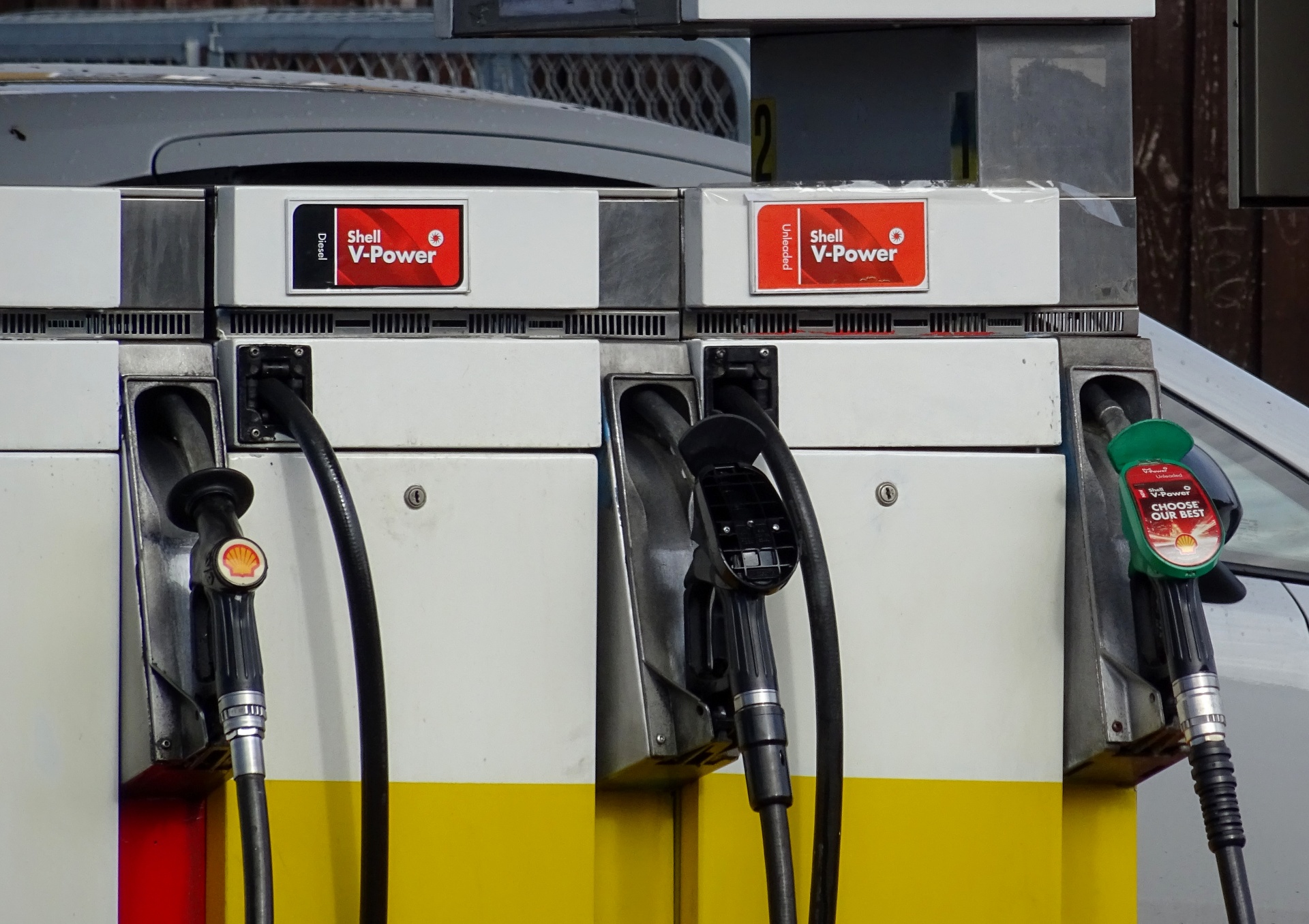The agency noted that oil production outside OPEC, particularly in the US, should be sufficient to cover the growth in demand, but countries such as Saudi Arabia may still need to increase production to compensate for the decline in supplies from other OPEC members.
IEA expects world oil demand to grow by 1.4 million barrels per day (bpd) in 2019, exceeding 100 million bpd in the II quarter of the year.
In 2018, demand will be growing at the same rate. The assessment has not changed in comparison with the May forecast.
"A stable economic situation and assumption of more stable prices are key factors: risks include, perhaps, higher prices and trade disruptions. Some governments are considering measures to reduce price pressure on consumers," the agency said in its monthly report.
"There is a possibility of revising our economic forecasts downward in the coming months." The global economy is experiencing some negative impact from higher oil prices," the IEA said.
"The growth of trade tension is the main risk for our forecast of oil demand," the IEA said. "The risks associated with the escalation of the response are not insignificant... The prolonged slowdown in trade will negatively affect the growth of world GDP and oil demand, since a significant part of oil consumption is related to trading activity."
According to the IEA, the demand for OPEC oil will decrease in 2019 to 31.6 million bpd from the projected 31.9 million bpd this year.
Production in Iran next year may fall by about 900 thousand bpd, or 23%, the IEA said. The agency stressed that this assessment is a "scenario" rather than a forecast, and is based on the impact of previous sanctions.
In Venezuela, where production has already fallen to its lowest level in recent decades under the conditions of the economic crisis, production may fall by another 550,000 bpd, or 40%.
"In order to compensate for... losses [deliveries from Iran and Venezuela], according to our estimates, the Middle Eastern OPEC member countries can increase production in a relatively short time by about 1.1 million bpd, and supplies from Russia may also increase " , - the IEA notes.
OPEC + efforts to limit production led to the fact that commercial oil reserves in OECD countries in April fell by 3.1 million barrels to a new three-year low of 2.809 billion barrels, the IEA reported.
Production in non-OPEC countries is expected to grow by 2 million bpd this year, mainly at the expense of the US, after which growth will slow to 1.7 million bpd next year.
source: reuters.com
IEA expects world oil demand to grow by 1.4 million barrels per day (bpd) in 2019, exceeding 100 million bpd in the II quarter of the year.
In 2018, demand will be growing at the same rate. The assessment has not changed in comparison with the May forecast.
"A stable economic situation and assumption of more stable prices are key factors: risks include, perhaps, higher prices and trade disruptions. Some governments are considering measures to reduce price pressure on consumers," the agency said in its monthly report.
"There is a possibility of revising our economic forecasts downward in the coming months." The global economy is experiencing some negative impact from higher oil prices," the IEA said.
"The growth of trade tension is the main risk for our forecast of oil demand," the IEA said. "The risks associated with the escalation of the response are not insignificant... The prolonged slowdown in trade will negatively affect the growth of world GDP and oil demand, since a significant part of oil consumption is related to trading activity."
According to the IEA, the demand for OPEC oil will decrease in 2019 to 31.6 million bpd from the projected 31.9 million bpd this year.
Production in Iran next year may fall by about 900 thousand bpd, or 23%, the IEA said. The agency stressed that this assessment is a "scenario" rather than a forecast, and is based on the impact of previous sanctions.
In Venezuela, where production has already fallen to its lowest level in recent decades under the conditions of the economic crisis, production may fall by another 550,000 bpd, or 40%.
"In order to compensate for... losses [deliveries from Iran and Venezuela], according to our estimates, the Middle Eastern OPEC member countries can increase production in a relatively short time by about 1.1 million bpd, and supplies from Russia may also increase " , - the IEA notes.
OPEC + efforts to limit production led to the fact that commercial oil reserves in OECD countries in April fell by 3.1 million barrels to a new three-year low of 2.809 billion barrels, the IEA reported.
Production in non-OPEC countries is expected to grow by 2 million bpd this year, mainly at the expense of the US, after which growth will slow to 1.7 million bpd next year.
source: reuters.com





